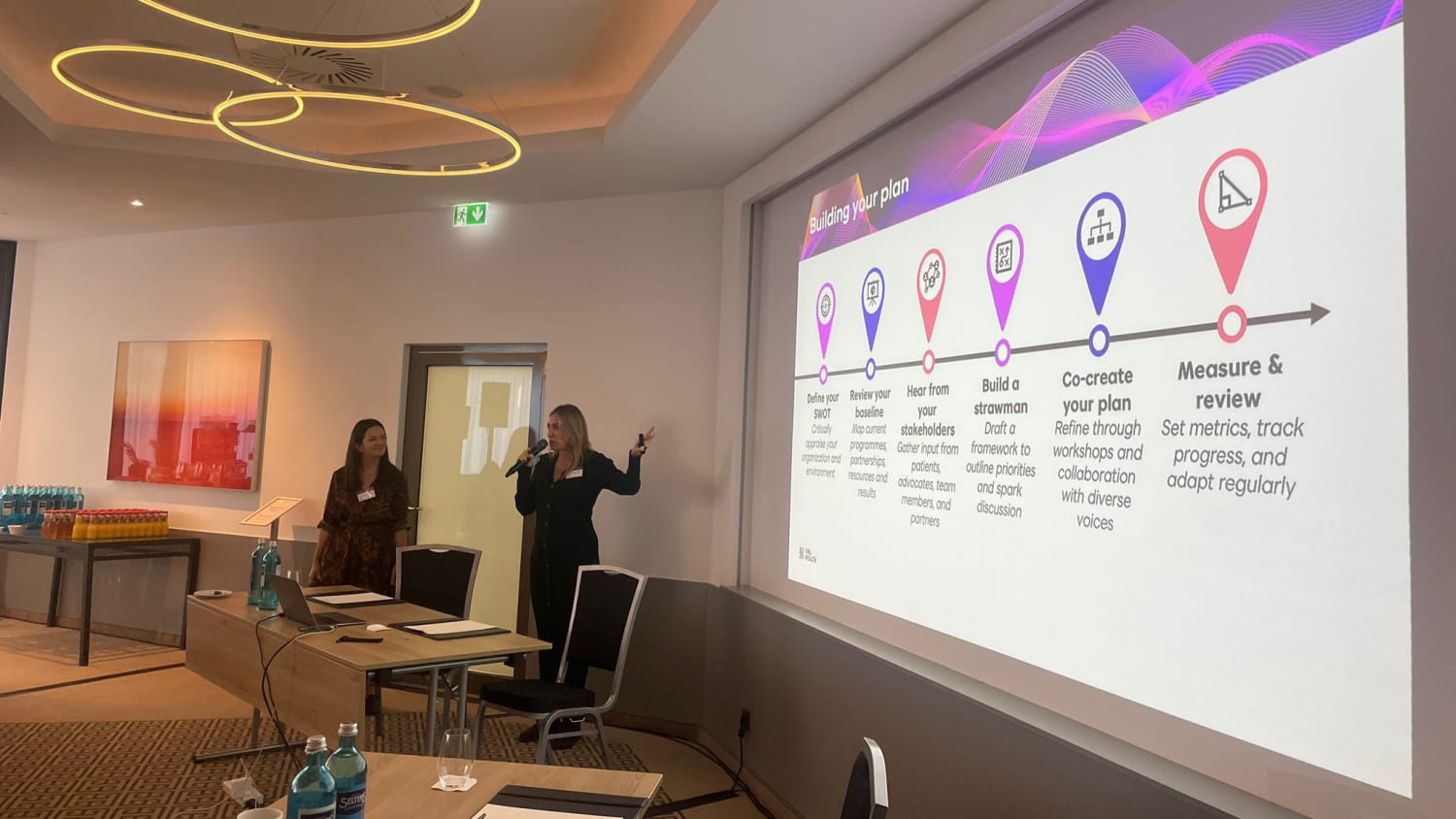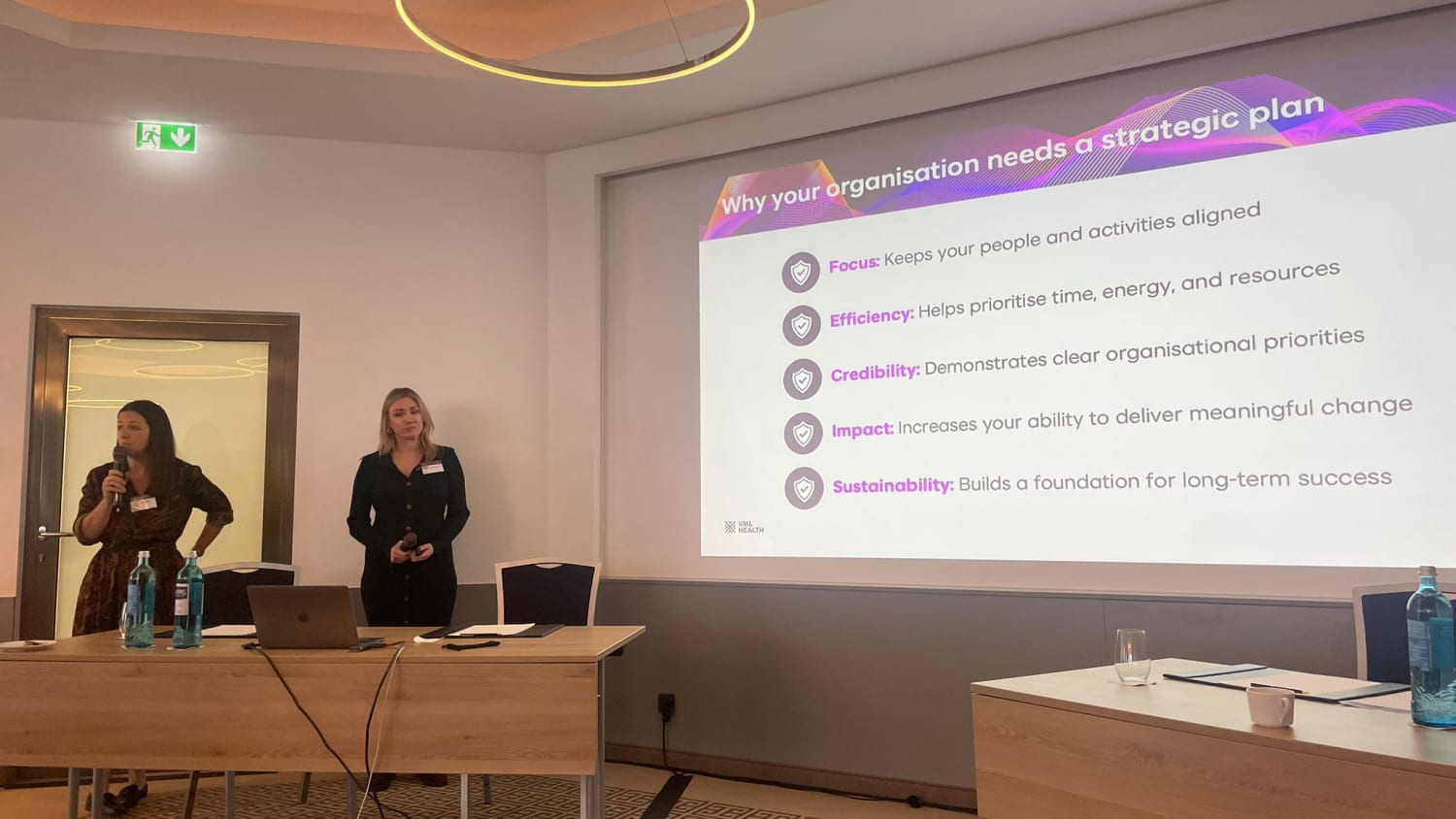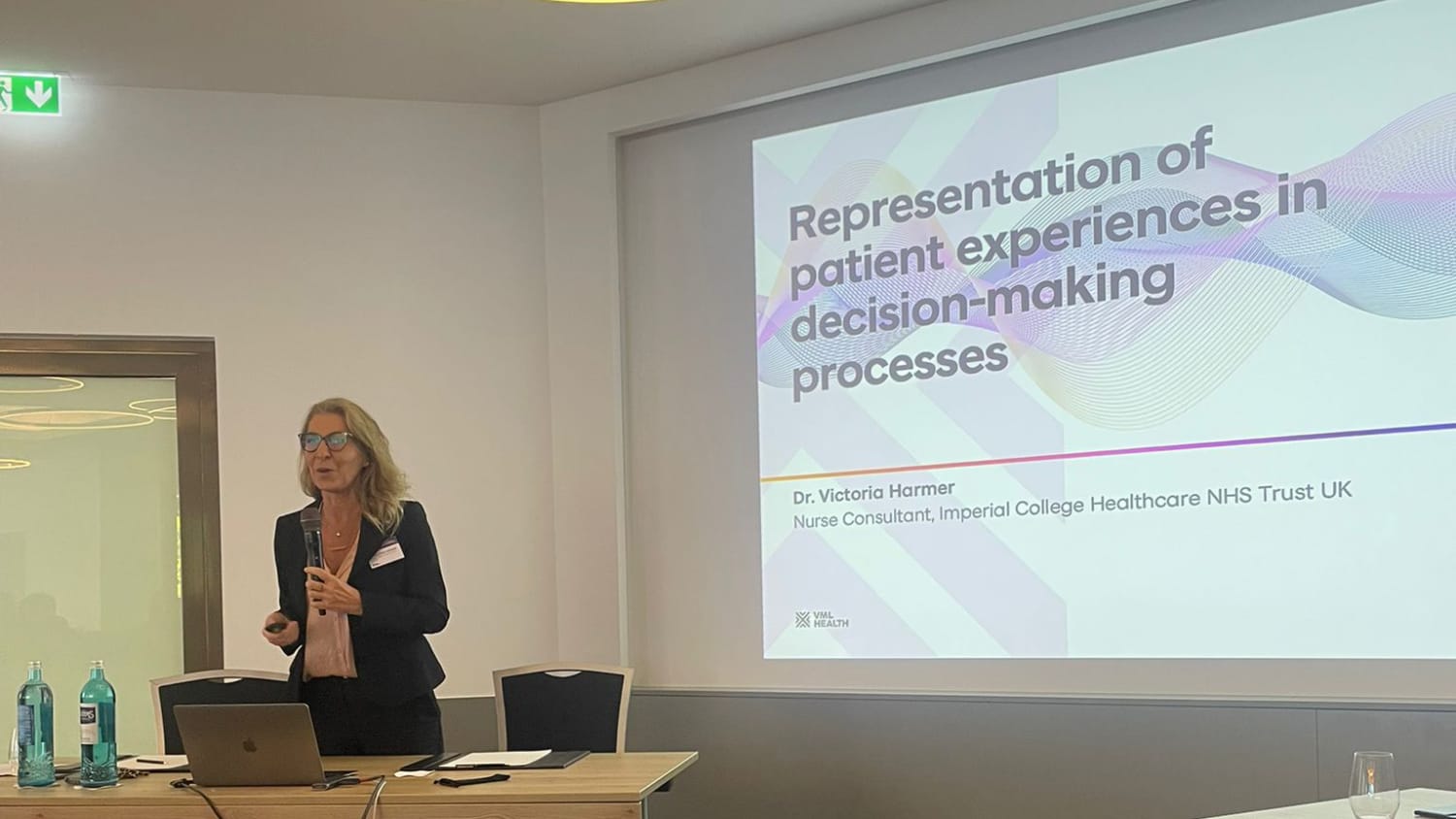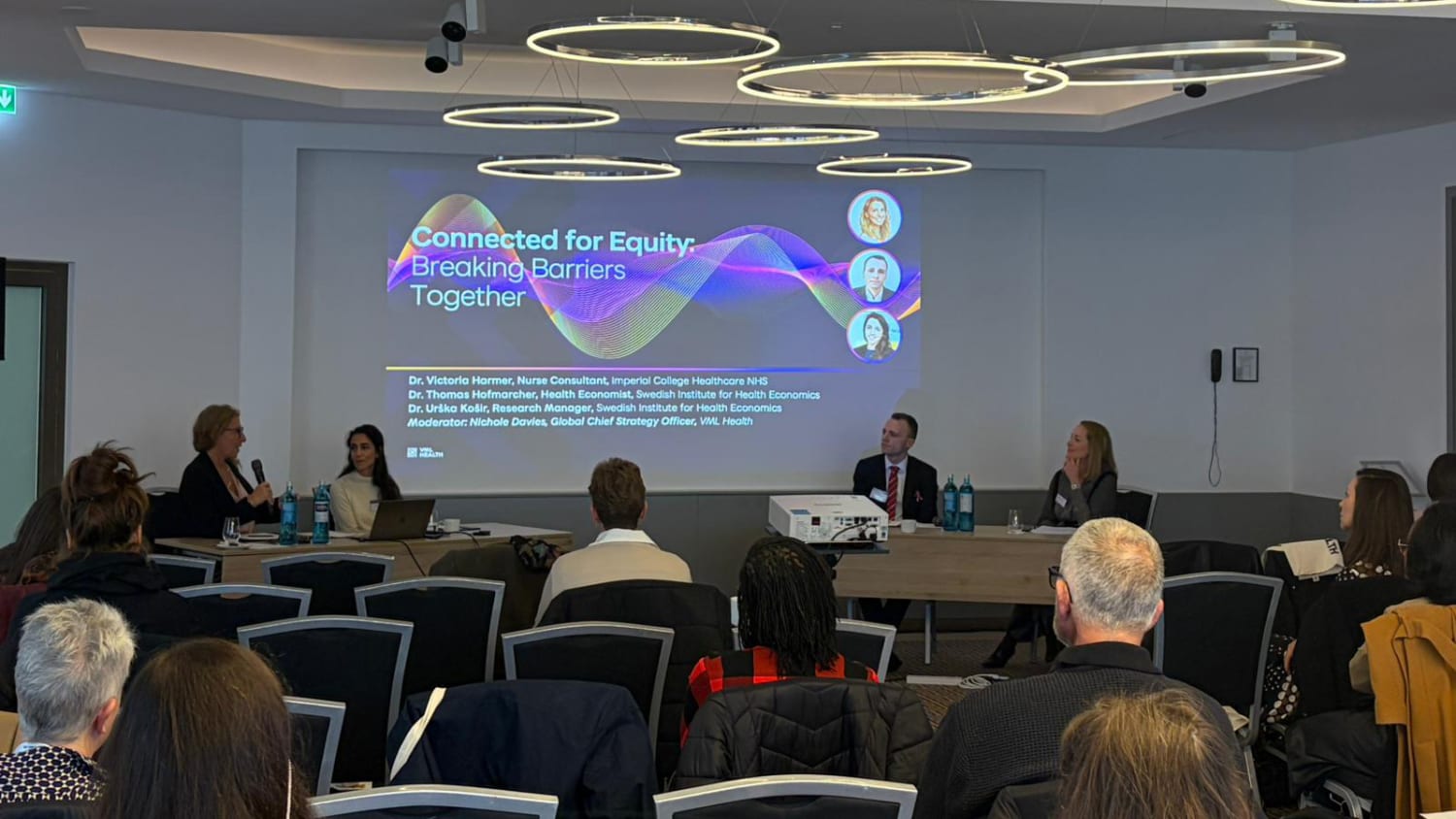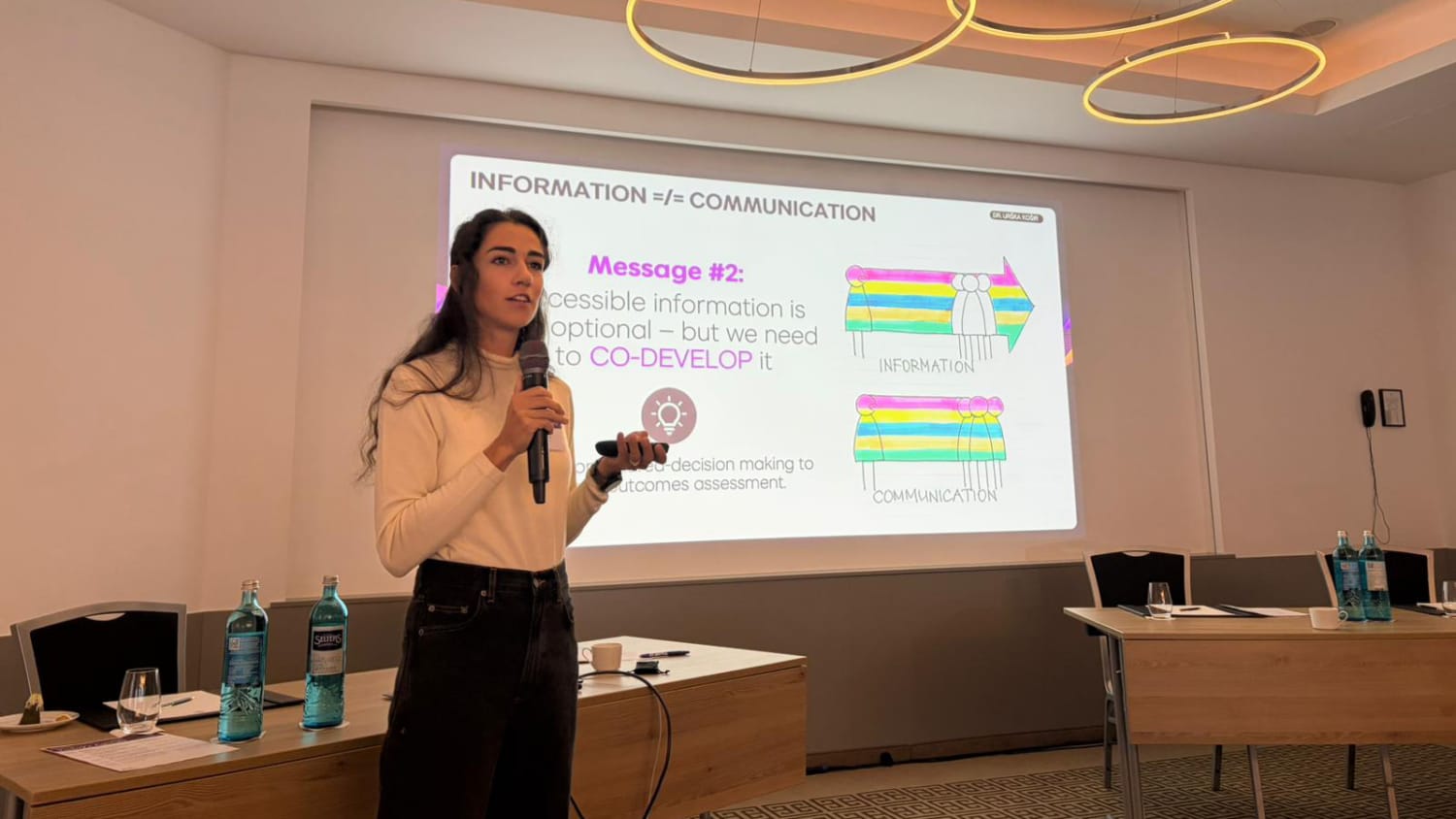VML Health recently convened its inaugural Patient Advocacy Summit in Berlin, bringing together a diverse and dynamic group of patient advocacy leaders, clinicians, and industry partners. Hosted alongside ESMO, the summit posed a fundamental question: how can connection create impact in healthcare? The answer, echoed throughout the powerful discussions, was clear: by moving beyond abstract notions of "the patient voice" to truly integrate lived experience into the heart of strategy, policy, and care.
As Nichole Davies, VML Health’s Global Chief Strategy Officer, articulated in her opening remarks, "When we connect voices, we find clarity. When we connect knowledge, we drive action. And when we connect strategy, we drive lasting change." This ethos underpinned every session, reframing advocacy not as an optional add-on, but as the essential force propelling healthcare forward.
Empowering Patients Through Health Literacy: A Shared Responsibility
The summit began with a compelling call to action from Dr. Urška Košir, a behavioural scientist and patient advocate. Dr. Košir highlighted health literacy as a critical, yet often overlooked, barrier in healthcare. Drawing on her work in adolescent and young adult oncology, she emphasized that health literacy is a shared responsibility, extending beyond patients to healthcare systems and professionals. With half of Europe’s adults struggling with health literacy, the consequences are poorer outcomes and increased costs.
Dr. Košir advocated for the co-creation of health materials with patients, citing examples like a New York hip-hop campaign for screening and Youth Cancer Europe’s peer visit program, which identified neglected priorities like mental health. She also explored the potential of AI to widen access, while cautioning that digital tools must be co-created with users to avoid deepening inequities. Her core message: small, persistent advocacy efforts around health literacy can spark significant systemic shifts towards more equitable, patient-centred care.

